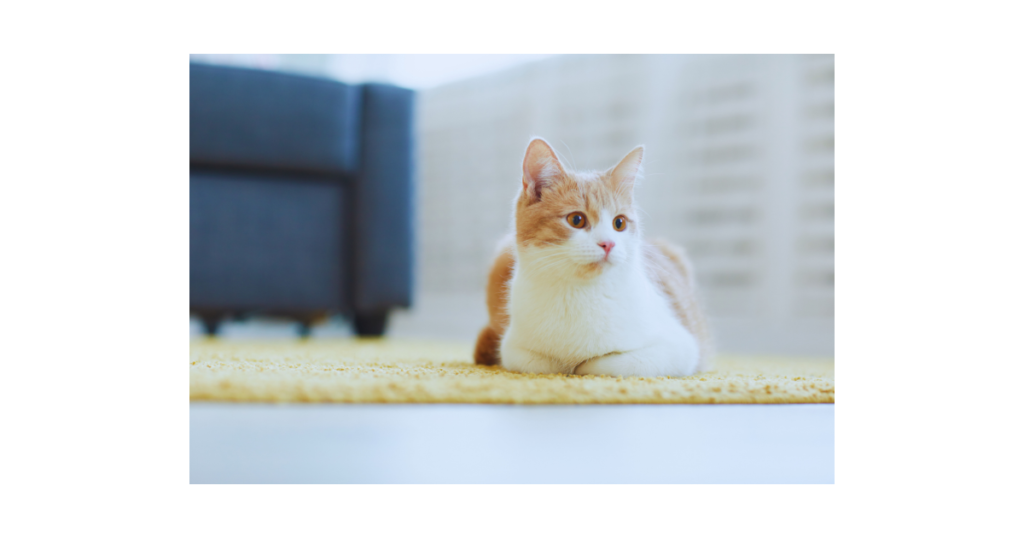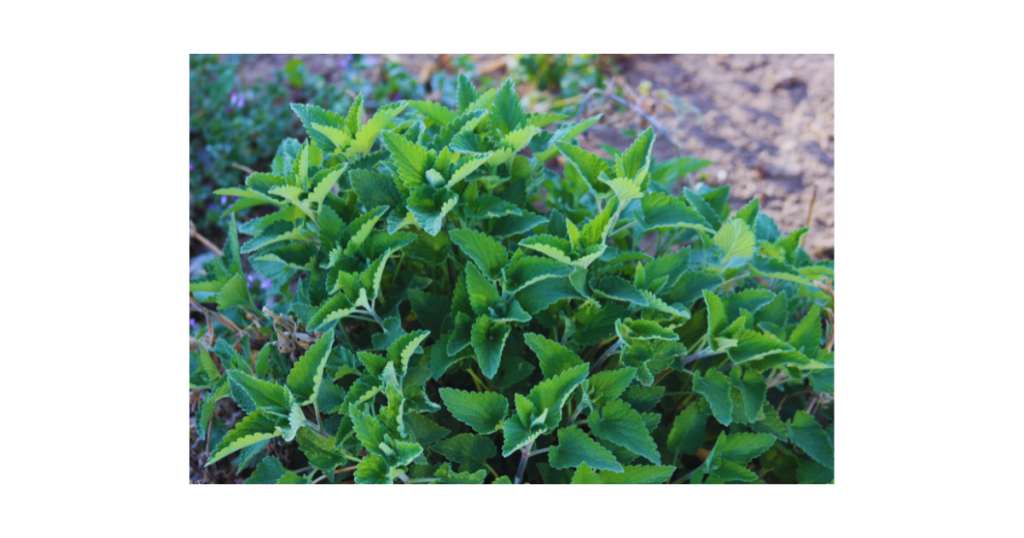If you’ve ever seen a cat go wild over catnip, you might be surprised to learn that this same plant can also be used by humans—though the effects are much calmer for us! Catnip tea is becoming more popular for its soothing benefits. Whether you’re curious about adding it to your tea collection or just want to learn more, let’s dive into the world of catnip tea.
What is Catnip?
Catnip, also known by its scientific name Nepeta cataria, is a plant from the mint family. It’s well-known for driving cats crazy, but it can have a calming effect on humans. Additionally, plant catnip is often used as a natural insect repellent and should be considered for outdoor planting, especially if you have pets that might be attracted to it. Traditionally, it’s been used in herbal medicine to help with things like anxiety and digestion. The leaves, flowers, and essential oils from the plant are what make it effective, whether you’re brewing tea or using it another way.
How Catnip Tea is Made
Making catnip tea is super simple. You can use dried catnip or fresh catnip leaves from the plant. Just boil some water, add the catnip, and let it steep for 5-10 minutes. You can even add a squeeze of lemon or mix it with other herbs if you want to enhance the flavor. Once it’s ready, strain it into your cup, and you’re all set to enjoy!
Health Benefits of Catnip Tea
- Relaxation and Better Sleep

Catnip tea is often praised for its calming properties. Many people drink it as a mild sedative to ease stress and help with sleep. If you’re feeling anxious or having trouble winding down, a warm cup of catnip tea might be just what you need.
- Soothe Digestive Problems

If you’re dealing with an upset stomach, catnip tea can be a great herbal remedy. It’s known to relieve digestive problems like cramps, bloating, and vomiting, thanks to its natural compounds.
- Help with Coughs and Colds

Traditionally, catnip has been used to treat common cold symptoms, like coughing or congestion. Its ability to soothe both the stomach and respiratory system makes it a versatile herbal tea.
Precautions and Contraindications

While catnip tea is generally considered safe for humans, there are some precautions and contraindications to be aware of. Pregnant or breastfeeding women should avoid drinking catnip tea, as it may stimulate uterine contractions and affect the baby’s nervous system. Additionally, individuals with allergies to plants in the mint family should exercise caution when consuming catnip tea. If you experience any adverse reactions, such as hives, itching, or difficulty breathing, discontinue use and consult a healthcare professional.
It is also important to note that catnip tea may interact with certain medications, including sedatives, antidepressants, and blood thinners. If you are taking any prescription medications, consult with your healthcare provider before adding catnip tea to your routine. Furthermore, individuals with a history of seizures or epilepsy should avoid drinking catnip tea, as it may trigger seizures in some cases.
Choosing the Right Catnip for Tea

When selecting catnip for tea, it is essential to choose high-quality, organic catnip leaves and flowers. Look for catnip that is free of pesticides, heavy metals, and other contaminants. You can purchase dried catnip from reputable herbal suppliers or grow your own catnip plant at home. Fresh catnip leaves and flowers can be used to make tea, but dried catnip is more convenient and has a longer shelf life.
When purchasing catnip tea, ensure that it is made from 100% catnip leaves and flowers, without any additives or fillers. Some catnip teas may be blended with other herbs, such as chamomile or lemon balm, which can enhance the flavor and benefits of the tea.
Is Catnip Tea Safe for Cats?

While catnip tea is safe for humans, it is not recommended to share it with your feline friends. Cats have a unique sensitivity to nepetalactone, the active compound in catnip, which can cause them to become excited, playful, and even aggressive. However, consuming catnip tea can have a calming effect on cats, which may be beneficial for anxious or stressed cats.
If you want to give your cat catnip tea, it is essential to use a cat-specific catnip tea that is free of caffeine and other ingredients that may be toxic to cats. Always consult with a veterinarian before giving your cat any new substances, including catnip tea.
Incorporating Catnip Tea into Your Wellness Routine
Catnip tea can be a wonderful addition to your wellness routine, promoting relaxation, reducing anxiety, and improving sleep quality. Here are some tips for incorporating catnip tea into your daily routine:
- Drink catnip tea before bed to promote a restful night’s sleep.
- Enjoy catnip tea during the day to reduce stress and anxiety.
- Add catnip tea to your meditation or yoga practice to enhance relaxation and focus.
- Use catnip tea as a natural remedy for digestive problems, such as bloating, cramps, and diarrhea.
- Combine catnip tea with other herbal teas, such as chamomile or peppermint, to create a soothing and calming blend.
Remember to always consult with a healthcare professional before using catnip tea, especially if you have any underlying medical conditions or are taking prescription medications.
What’s in Catnip That Makes it Work?
The secret to catnip’s effects is a compound called nepetalactone. This is what makes cats go crazy, but in humans, it interacts with our nervous system to help us relax. Catnip also contains essential oils and other natural compounds that contribute to its calming and digestive benefits.
How Catnip Tea Affects Your Health
For most people, catnip tea offers a soothing experience. However, like any herbal remedy, it’s good to be mindful of how your body reacts to it. Drinking too much catnip tea might cause drowsiness, stomach cramps, or even excessive sleepiness. If you’re taking any medications, especially for anxiety or digestive issues, check if catnip could interfere with them. In particular, people taking lithium or other medications should be cautious.
When to Stop Drinking Catnip Tea
While catnip tea is generally safe, there are a few cases when you might want to take a break. If you find it’s making you too sleepy or causing an upset stomach, it might be best to cut back. Also, if you notice any allergic reactions or feel unwell after drinking it, it’s a good idea to stop and try a different herbal tea.
Catnip Tea vs. Other Herbal Teas
Wondering how catnip tea stacks up against other herbal teas? It’s similar to teas like chamomile or peppermint, which are also known for their calming effects and digestive support. However, unlike caffeinated teas, catnip won’t keep you awake. In fact, it’s a better choice if you’re trying to relax or wind down before bed.
Can Kids or Cats Drink Catnip Tea?
For adults, catnip tea is generally safe, but for children, it’s best to be cautious. It’s always smart to introduce herbal teas slowly and in small amounts. And what about your furry friends? While your cat might love the smell of catnip, it’s best to avoid giving them catnip tea—leave that to humans!
Final Thoughts on Catnip Tea
Catnip tea offers a soothing, natural way to calm your mind, settle your stomach, and even ease cold symptoms. Whether you’re an herbal tea fan or new to the world of plant-based remedies, catnip tea can be a great addition to your routine. Just remember to listen to your body and enjoy it in moderation for the best experience!
So, next time you’re looking for a calming cup of tea, why not give catnip tea a try? You might just find it becomes your new go-to for relaxation and wellness.





